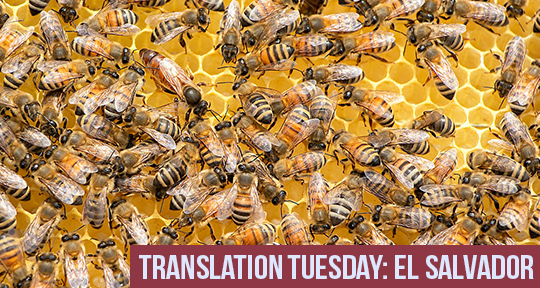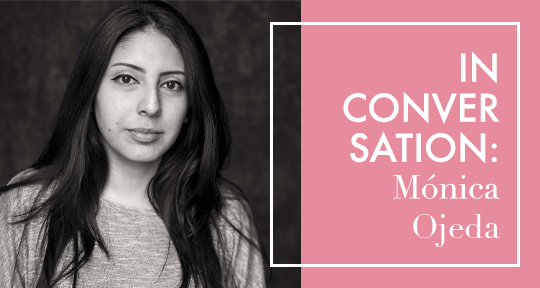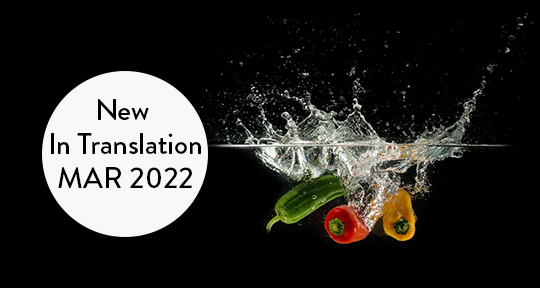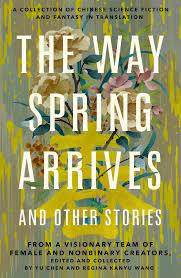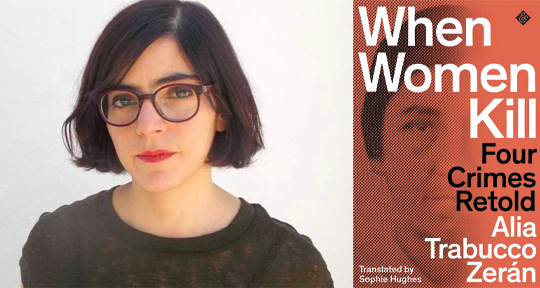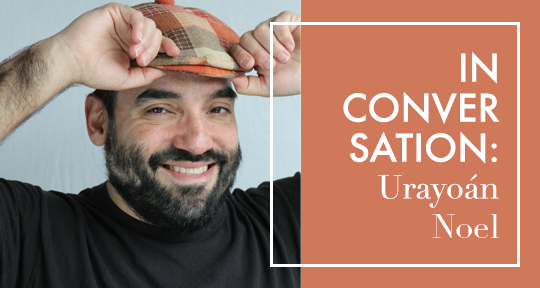As the scope of literature continues to take in the shifting realms of experiences and global relations, our editors from around the world report the latest updates, from festivals, activisms, and the spotlighting of vital voices both new and familiar. Read on to find out more!
Josefina Massot, Editor-at-Large, reporting from Argentina
Last week, we mourned the loss of the great Sergio Chejfec, whose work spanned grammars, genres, and geographies. Chejfec spent his time between his native Buenos Aires and New York City, where he lived and taught at NYU’s Creative Writing Program. During a 2018 interview with Télam, he spoke about the impact of migration on his work: “In my experience, moving from one country to another accentuates the passage of time: the gap isn’t merely geographic. Exiles are far away from their countries, but also from the network of simultaneities they were accustomed to while living there; notable among these is language.” Fortunately, gaps and absences can be bridged through translation. Chejfec’s works are available in French, German, Portuguese, and English, and US readers can delight in them via Open Letter.
Meanwhile, Other Press is on the verge of releasing Kit Maude’s rendition of Camila Sosa Villada’s Bad Girls (incidentally, Sosa Villada’s latest has just come out in Spanish). Equal parts gritty and tender, Bad Girls narrates a trans woman’s exploits at the margins of society; a recipient of the Sor Juana Inés de la Cruz Award in 2020, it’s bound to take America by storm. The award’s previous winner, Maria Gainza’s Portrait of an Unknown Lady, just out from Catapult, was also widely celebrated upon its reception. The novel, translated by Thomas Bunstead, follows an auction house employee on the trail of an elusive forger; like Gainza’s The Optic Nerve, it draws from art and literature to great effect. READ MORE…


